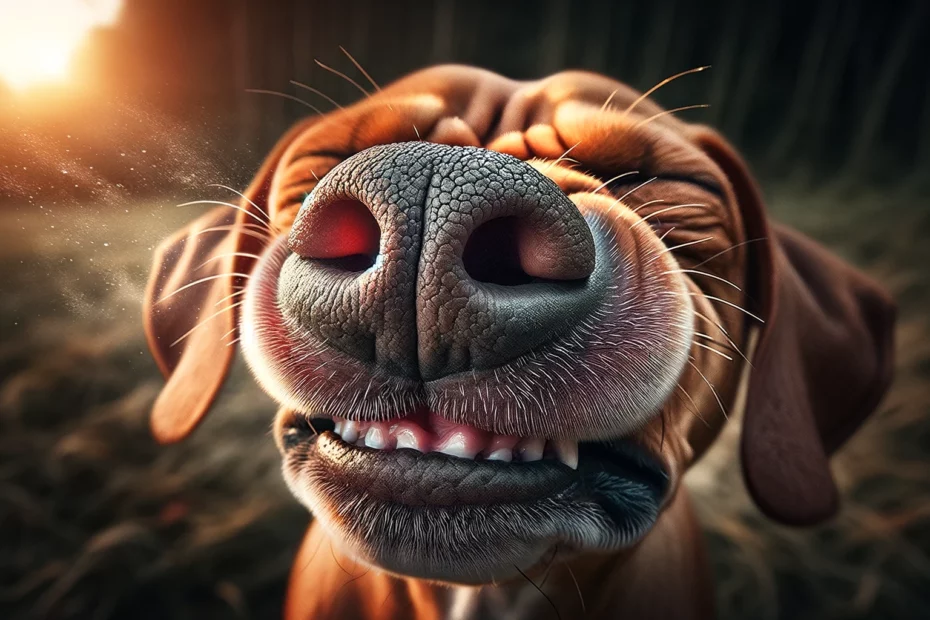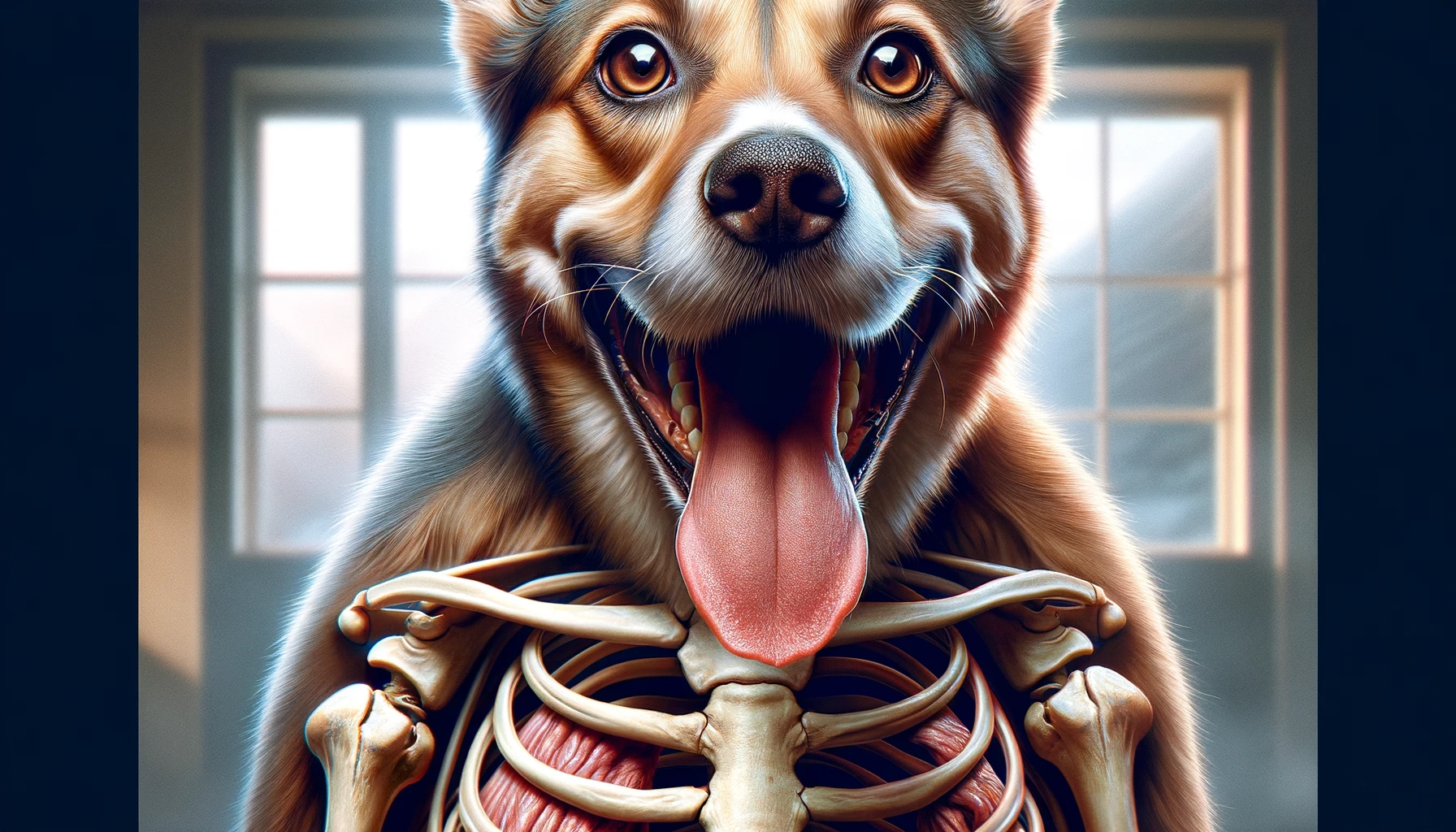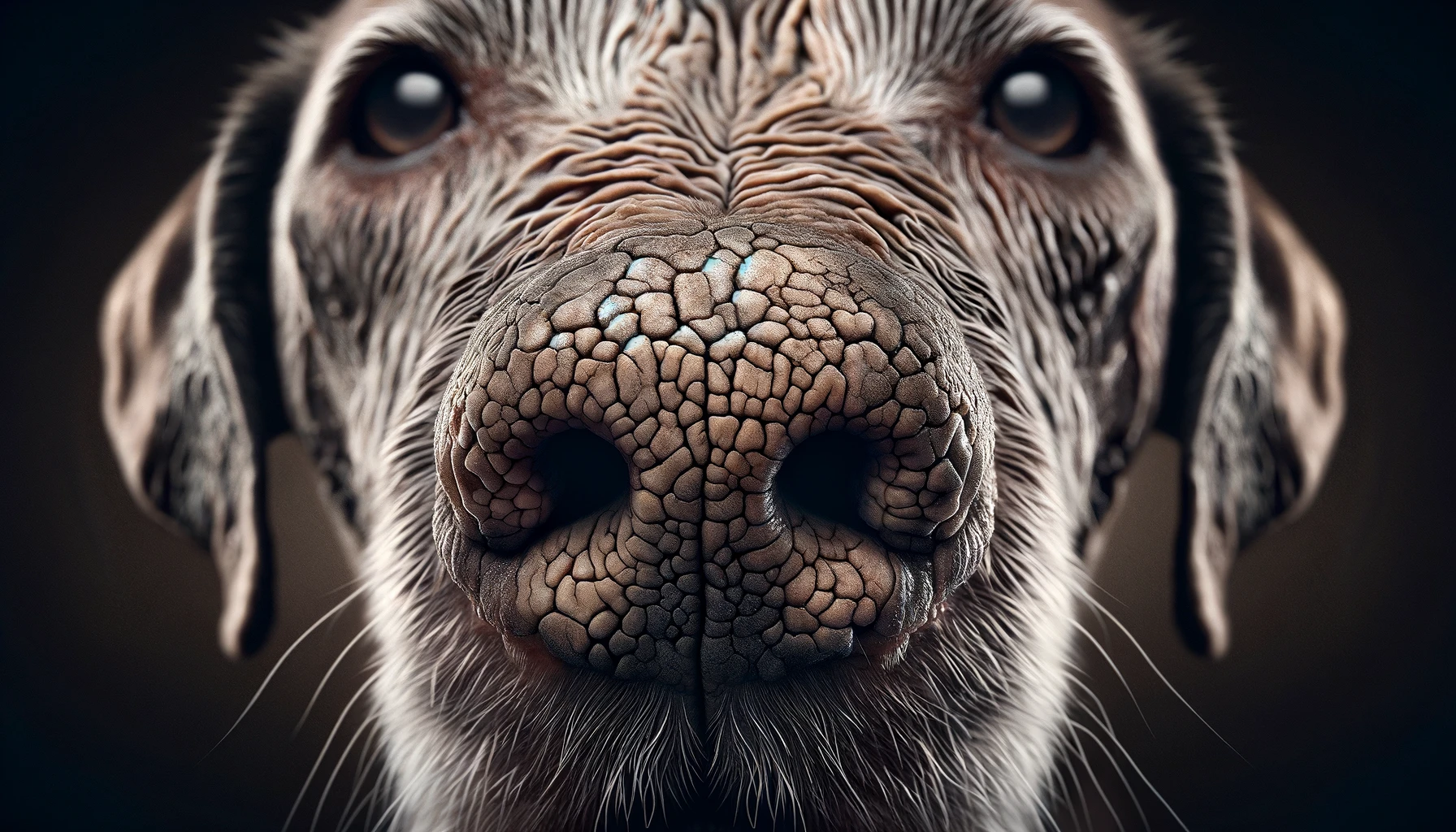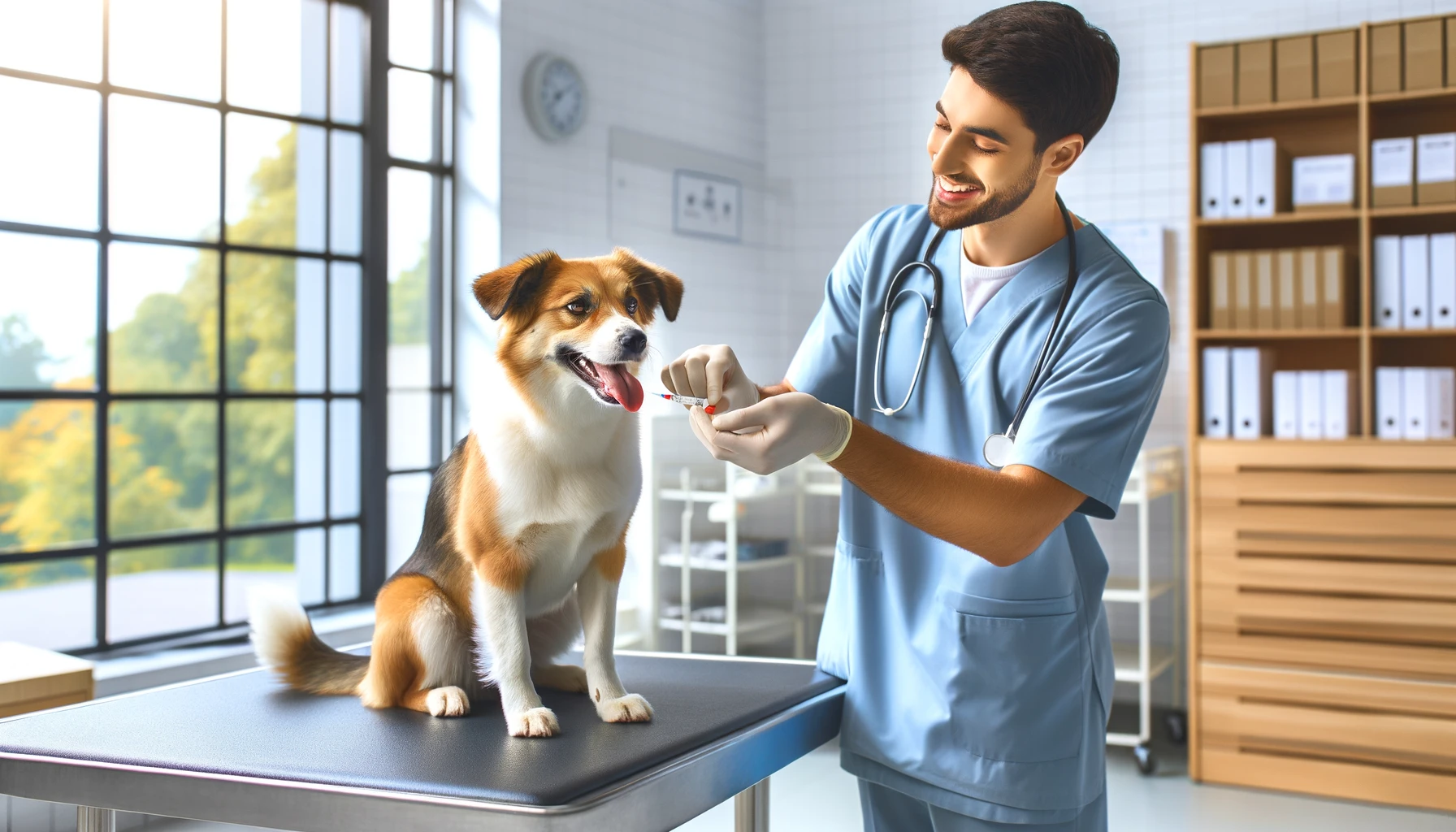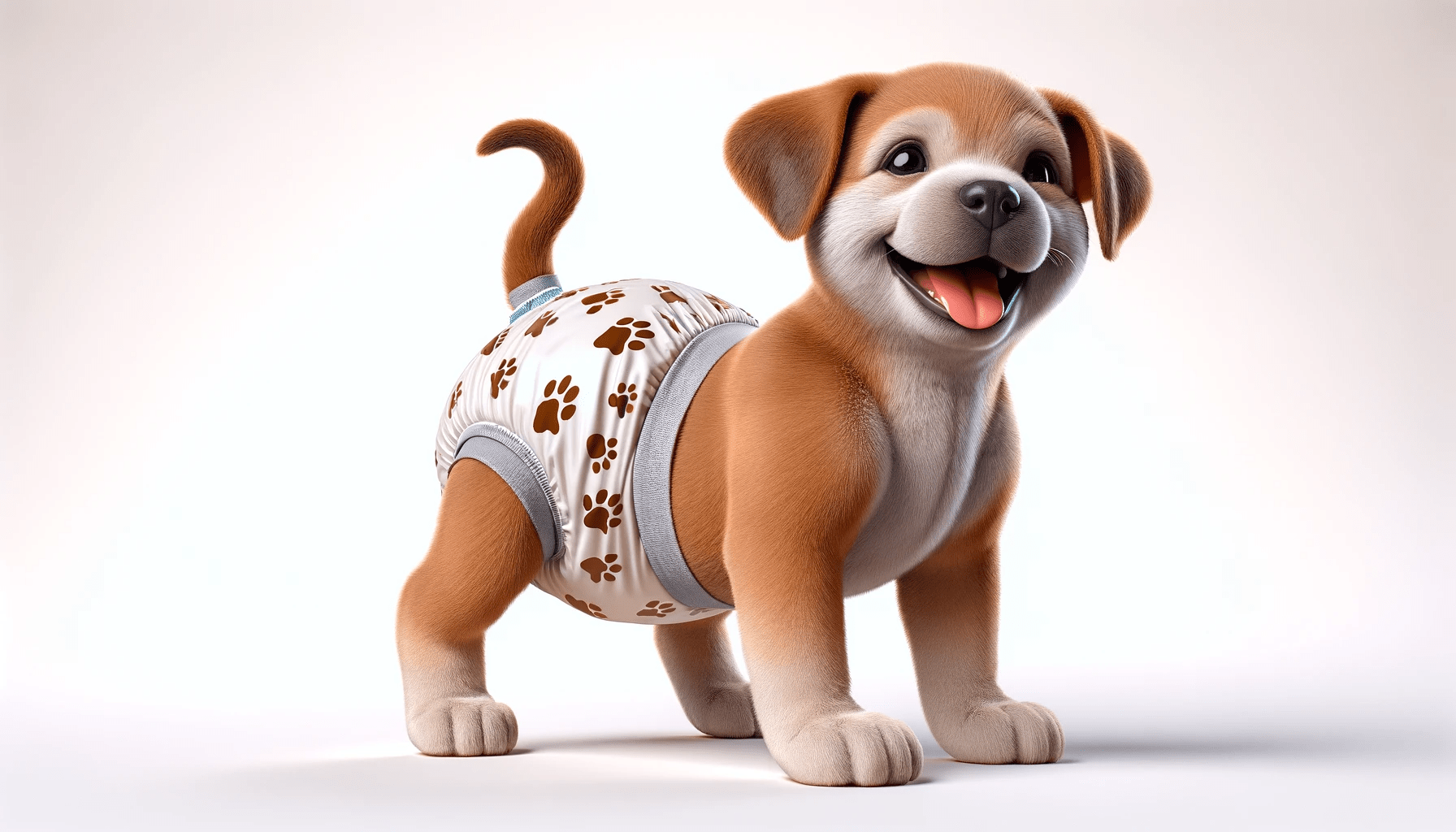Do you cringe every time your dog breathes in your face? You’re not alone.
Imagine this: you’re cuddling with your furry friend, and suddenly, you’re hit with a wave of unpleasant odor. It’s enough to make you question your dog’s oral hygiene.
Well, fret no more! In ‘Does My Dog’s Breath Smell So Bad,’ we delve into the possible causes of your dog’s bad breath. From dental disease to dietary habits, we explore the factors that could be contributing to this stinky situation.
So, if you’re tired of holding your breath around your canine companion, read on to discover effective tips and treatments to freshen your dog’s breath and improve their overall oral health.
Key Takeaways
- Dental disease and poor oral hygiene are common causes of bad breath in dogs.
- Maintaining good dental hygiene through regular brushing and dental chews can help treat bad breath in dogs.
- Consulting with a professional veterinarian for dental cleanings and further treatment is recommended.
- Regular veterinary check-ups and professional dental cleanings are important for maintaining dental hygiene and preventing bad breath in dogs.
Common Causes of Bad Breath in Dogs
If your dog’s breath reeks, it’s important to understand the common causes that may be behind it. One of the primary reasons for bad breath in dogs is dental disease and poor oral hygiene. Just like humans, dogs can develop plaque, tartar, and gum disease if their teeth aren’t properly cared for. This buildup of bacteria in their mouth can lead to a foul odor. Regular dental cleaning and teeth brushing are crucial for preventing and treating bad breath in dogs.
Another common cause of bad breath in dogs is their dietary habits. Dogs have a penchant for consuming things they shouldn’t, like garbage or even cat poop. These unappetizing dietary choices can contribute to their breath smelling unpleasant. It’s important to monitor your dog’s diet and ensure they’re consuming healthy and appropriate food.
Additionally, foul-smelling breath can be a symptom of serious medical conditions. Diabetes, kidney disease, and liver disease can all cause bad breath in dogs. If you notice that your dog’s breath consistently smells bad, it’s essential to consult with a veterinarian to rule out any underlying health issues.
Taking care of your dog’s dental health and monitoring their diet are essential steps in preventing bad breath. Regular visits to the vet for dental check-ups and cleanings, along with providing dental treats, can help maintain their oral health and keep their breath fresh.
How to Treat Bad Breath in Dogs
To treat bad breath in your dog, there are several options you can consider.
First, focus on maintaining good dental hygiene by regularly brushing their teeth, using dental chews, and following your vet’s recommendations for oral health products.
Additionally, there are natural remedies such as adding parsley to their diet or using coconut oil for their teeth.
Lastly, consult with a professional veterinarian who can provide dental cleanings and recommend further treatment if necessary.
Dental Hygiene Tips
You can effectively treat bad breath in your dog by following these dental hygiene tips.
Maintaining good oral health is crucial in preventing bad breath in dogs. One of the main causes of bad breath is plaque buildup on their teeth. To prevent this, it’s important to brush your dog’s teeth regularly. Use a toothbrush and toothpaste specifically designed for dogs and make it a part of their daily routine.
Additionally, providing them with chew toys and dental treats can help keep their teeth clean and prevent the buildup of plaque. Regular veterinary check-ups and professional dental cleanings are also important for maintaining oral hygiene and preventing bad breath.
Natural Remedies
To effectively treat bad breath in your dog, it’s important to explore natural remedies that can address the underlying causes and promote oral hygiene.
Bad breath in dogs can be caused by various factors such as dental disease, plaque and tartar buildup, and bacteria in the mouth.
Regularly brushing your dog’s teeth with toothpaste specifically designed for dogs can help prevent plaque and tartar accumulation, reducing the chances of bad breath.
Additionally, providing your dog with dental chews can promote oral health by reducing bacteria in the mouth and stimulating saliva production.
Natural remedies such as water additives and special diets recommended by your veterinarian can also help combat bad breath and promote oral health.
Professional Vet Options
Addressing the underlying health condition is crucial when treating bad breath in dogs. Consulting a professional vet is essential for prompt examination and diagnosis. Bad breath in dogs can be caused by various factors, such as poor dental care and oral health. Regular dental cleaning by a vet is important to prevent tartar build-up and maintain oral hygiene.
In addition, using oral health products and dental treats recommended by your vet can help improve your dog’s breath. Dogs are prone to periodontal disease, which can contribute to bad breath. A professional dental examination can determine the extent of dental issues and recommend appropriate treatment options, such as prescription medications or specialized diets.
Tips for Freshening Your Dog’s Breath
Are you wondering how to freshen your dog’s breath? Bad breath in dogs, also known as halitosis, can be caused by various factors. One of the most common causes of bad breath is poor oral hygiene. Just like humans, dogs can develop plaque and tartar buildup on their teeth, leading to foul breath. Regular brushing with canine toothpaste and the use of dental chews can help remove plaque and prevent gum disease.
However, bad breath can also be a symptom of underlying health issues. Oral tumors in dogs, as well as problems with the kidneys, liver, and gut, can all cause bad breath. If you notice a significant change in your dog’s breath smell, it’s important to consult your regular vet promptly. They can provide an accurate diagnosis and recommend appropriate treatment options.
In addition to maintaining good oral hygiene and seeking veterinary care, there are some other tips you can follow to freshen your dog’s breath. First, be mindful of what your dog ingests. Certain medications, houseplants, and even some foods can contribute to bad breath and internal organ issues. It’s best to avoid these substances whenever possible.
Lastly, consider professional dental cleanings and regular check-ups for your dog. These can help maintain their oral health and address any underlying conditions that may be causing bad breath. Remember, a fresh-smelling breath isn’t only pleasant for you, but it’s also a sign of good overall health for your furry friend.
Preventing Bad Breath in Dogs
To prevent bad breath in your dog, it’s crucial to prioritize their dental hygiene. Regularly brushing their teeth can help prevent plaque buildup and persistent bad breath.
Additionally, providing dental chews and using oral health products recommended by your vet can contribute to maintaining their oral hygiene.
Dental Hygiene for Dogs
If you want to prevent your dog’s bad breath, it’s important to prioritize dental hygiene. Bad breath in dogs can be caused by several factors, including dental issues and underlying health problems. Poor oral hygiene can lead to periodontal disease, which not only causes bad breath but can also result in more serious health issues such as kidney or liver disease.
If your dog has bad breath that smells sweet or fruity, it could be a sign of a metabolic disorder. To maintain your dog’s dental health, it’s recommended to brush their teeth regularly and provide dental chews to help reduce plaque buildup. If your dog has loose or damaged teeth, it’s important to make an appointment with a veterinarian as they may require treatment or teeth cleaning.
Proper dental care is essential for preventing bad breath and ensuring your dog’s overall health.
Natural Breath Fresheners
To naturally freshen your dog’s breath, consistently incorporate dental hygiene practices into their routine care. Daily teeth brushing and providing dental chews or oral health products on a regular basis are recommended. Regular teeth brushing helps remove plaque and tartar buildup, which can lead to bad breath and gum inflammation in dogs. Make sure to use toothpaste specifically formulated for dogs, as human toothpaste can be harmful to them.
Additionally, providing chew toys and dental treats can naturally help maintain your dog’s dental health and prevent bad breath. These toys and treats help stimulate saliva production, which can help wash away bacteria and freshen their breath. Water additives are also available that can help reduce plaque and tartar formation.
However, it’s important to note that bad breath can also be a sign of an underlying cause, such as kidney disease. If your dog’s bad breath persists, it’s recommended to consult with a vet as soon as possible to rule out any potential health issues.
Top Products for Combating Bad Breath in Dogs
You can combat your dog’s bad breath with these top products. Bad breath in your dog can be caused by various factors, including poor oral hygiene, dental issues, and underlying medical conditions. One of the most important steps in combating bad breath is to make sure your dog’s teeth are cleaned regularly. Dog-specific toothpaste and toothbrush sets are specifically designed to maintain oral hygiene and reduce bacterial buildup. These products can be used to brush your dog’s teeth on a regular basis, promoting fresh breath and preventing dental problems.
In addition to regular brushing, there are other products that can help freshen your dog’s breath. Dental chews and chew teeth cleaning toys are natural ways to promote dental health and combat bad breath. These products work by mechanically removing plaque and tartar from your dog’s teeth, reducing the bacteria that cause bad breath. Special diets formulated for dental health, dental chews, and water additives are also recommended as additional oral health products for combating bad breath in dogs.
It is important to note that bad breath can also be a sign of an underlying medical condition. Dogs will often have a sweet smell on their breath if they have diabetes or kidney failure. If you notice a persistent foul smell on your dog’s breath, it’s important to consult your veterinarian as soon as possible to rule out any potential medical issues.
When to See a Vet About Your Dog’s Bad Breath
Seeing a vet about your dog’s bad breath is important to ensure their overall health and well-being. If you notice a change in your dog’s breath smell, it could be a sign of a serious underlying health issue. While it’s common for dogs to have some level of odor in their breath, excessively bad breath can indicate problems such as kidney disease, liver disease, or oral health issues. As a responsible pet owner, it’s essential to seek prompt veterinary care for your dog if they’ve bad breath.
It is recommended to schedule regular check-ups for your furry friend to monitor their oral health. During these check-ups, the vet can identify any potential issues and provide appropriate treatment. In addition to regular check-ups, professional dental cleanings are also beneficial for maintaining your dog’s oral health and preventing bad breath.
If your dog’s bad breath persists or worsens, it’s crucial to consult a vet. They’ll conduct a thorough examination and diagnose the underlying cause of the bad breath. Once the specific health issue causing the bad breath is identified, the vet will recommend the most suitable treatment to address the problem.
Frequently Asked Questions
Why Does My Dog’s Breath Smell Extremely Bad?
Your dog’s bad breath could be caused by common factors such as poor dental hygiene, food choices, or underlying health issues. Natural remedies, brushing techniques, professional treatments, and dental chews can help prevent bad breath.
What Can I Give My Dog for Bad Breath?
To address your dog’s bad breath, try natural remedies like dental chews or breath fresheners. Homemade dog treats and dental hygiene products can also help. Consider professional teeth cleaning, changing the diet, and a regular brushing routine. Don’t forget to address any underlying health issues too.
Will My Dog’s Breath Smell Better After a Dental Cleaning?
After a professional dental cleaning, your dog’s breath may smell better as plaque and tartar are removed. Incorporating natural remedies like dental chews, regular brushing, and dietary changes can also help maintain fresher breath and prevent dental issues.
How Do I Get Rid of My Dogs Fishy Breath?
To get rid of your dog’s fishy breath, try homemade remedies, dental chews, natural breath fresheners, and regular brushing with dog-specific toothpaste. Diet changes and water additives can also help. Consider professional teeth cleaning for persistent bad breath.
Conclusion
In conclusion, it’s essential to address your dog’s bad breath as it can be a sign of underlying health issues.
Regular veterinary check-ups and proper dental care are crucial for maintaining your dog’s oral health.
By following the tips provided and using recommended products, you can help freshen your dog’s breath and prevent future bad breath.
Remember, a dog with fresh breath is a happier and healthier companion.
So, let’s keep those kisses smelling sweet!
